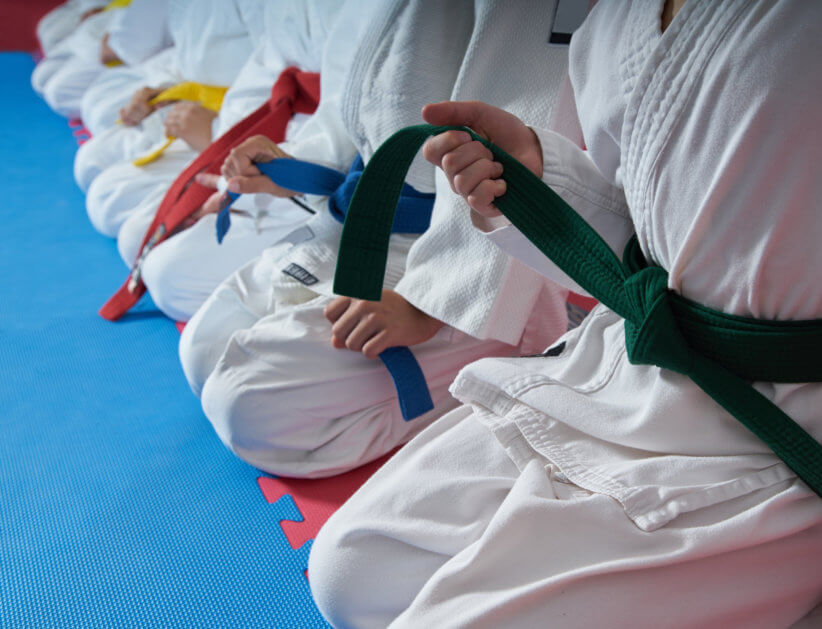Throughout the U.S., about 10 percent of children have asthma. For us New Yorkers, the rate is a shocking 30 percent! Being told your child has asthma can be a scary thing to hear, but it doesn’t have to be. As a Certified Physician Assistant, I often hear questions about asthma. Here are some common questions about childhood asthma that parents ask in our practice:
My child was just diagnosed with asthma, does this mean she can’t play sports?
Absolutely not. Asthma is a treatable disease, and its symptoms can be managed and prevented well enough to play sports. Sit down with your child and together do an internet search for famous athletes with asthma. You may be surprised by what you find!
What are some factors that put my child at risk of asthma?
Babies who are born premature often develop asthma in early childhood, although many can outgrow it. There is some evidence that early infections with respiratory syncytial virus can lead to asthma later in childhood. Additionally, exposure to second-hand smoke, both during pregnancy and in early childhood, can alter lung structure and predispose a child to asthma.
How do you get asthma?
Asthma is not a contagious disease. Some cases are genetic, while others may be acquired, such as in premature babies or with chronic exposure to second-hand smoke. It’s best to be up front with your child’s pediatrician about who in the family has asthma and what makes it better or worse.
How do I prevent an asthma attack?
The best way to prevent an asthma attack is to learn what triggers an exacerbation in your child. This is usually discovered while the doctor reviews symptoms with you, but can also be discovered with allergy testing. Be sure to adhere to your child’s asthma medication regimen and follow instructions carefully. Call your pediatrician before stopping any of these medications.
Can allergies trigger my asthma?
Allergies can definitely trigger asthma symptoms. Inhalation of pollens is the most common, but it can also be triggered by dust mites, house dust, animal dander, and, of course, cigarette smoke inhalation.
What medications are used to treat asthma?
Asthma medications are divided into two categories: Rescue medication and controller medication. Rescue medications work in a way similar to adrenaline by relaxing thin muscles in the airways to help them open up. Controller medications work to prevent reactions, either by reducing inflammation in the lungs (such as with inhaled corticosteroids) or preventing an allergic response, like an antihistamine medication.
How do I prepare my child’s school to treat an attack?
The best way to prepare your child’s school for managing her asthma is to have an open discussion with your child’s teacher or school nurse. Ask your child’s school or day care nurse if she has been trained in asthma recognition and treatment. Most importantly, you should obtain an Asthma Action Plan from your pediatrician or asthma specialist. This will detail what triggers your child’s asthma, what medications are being used, and how to manage an emergency situation.
If you think your child may have asthma, talk to her pediatrician about an asthma evaluation.





















